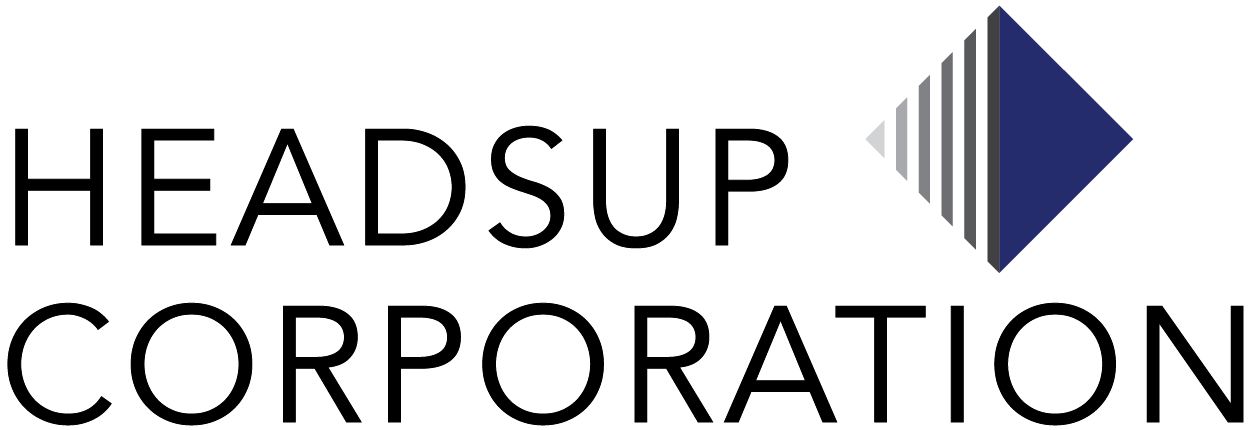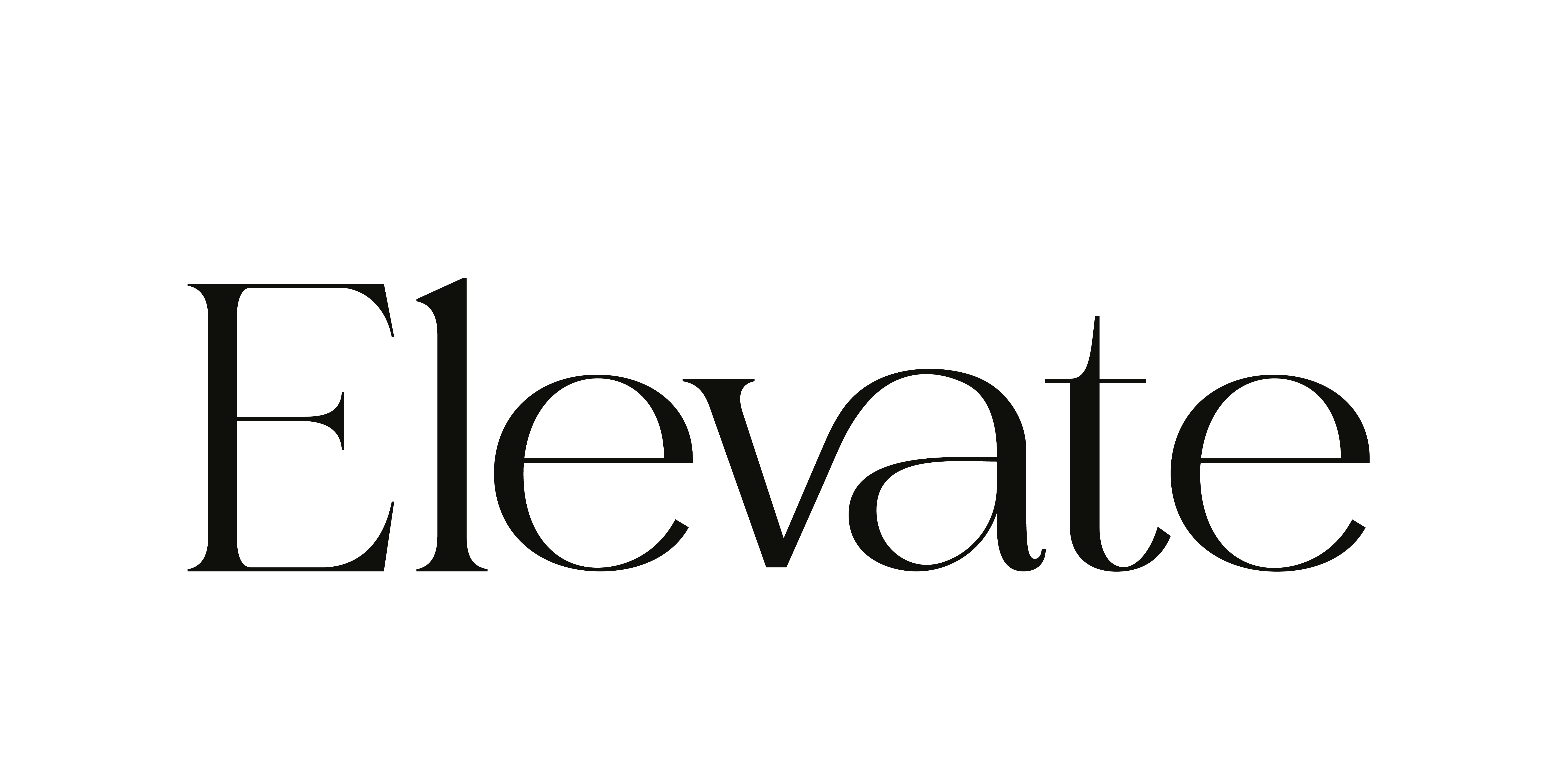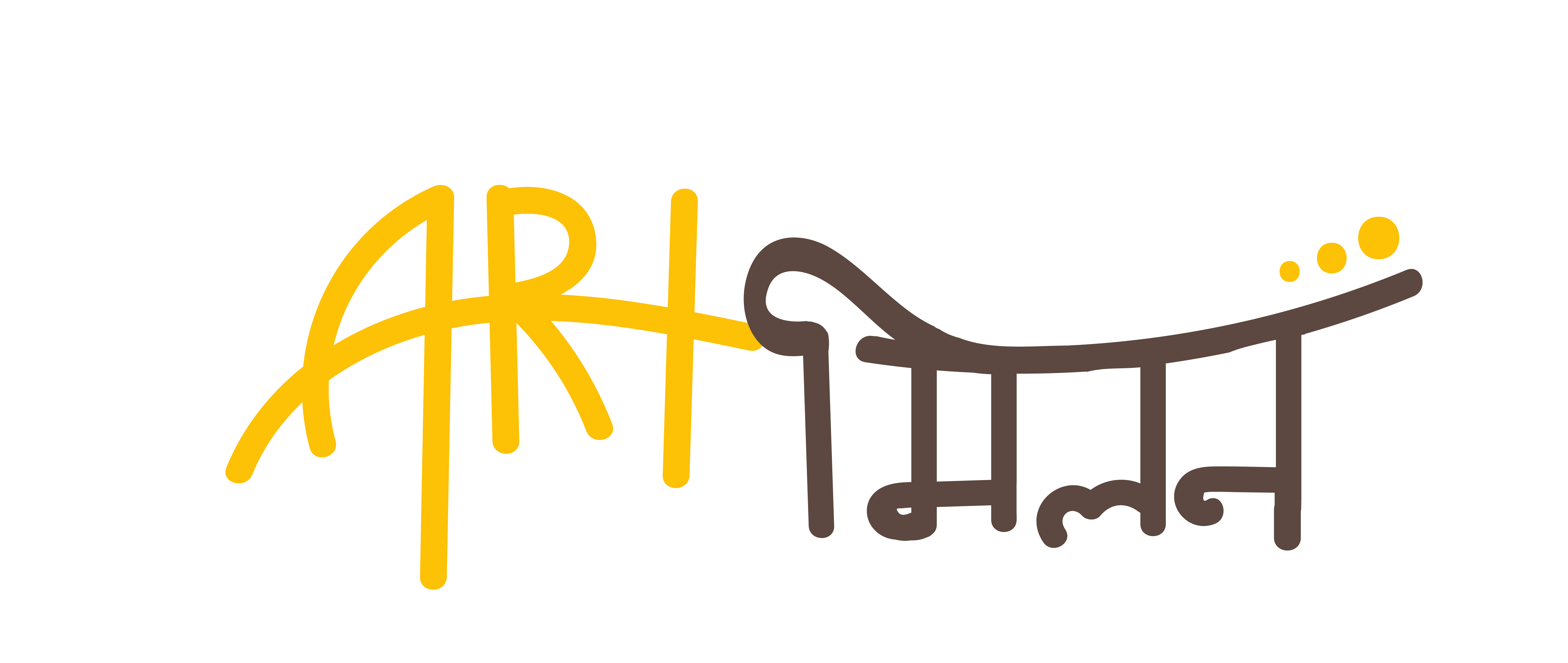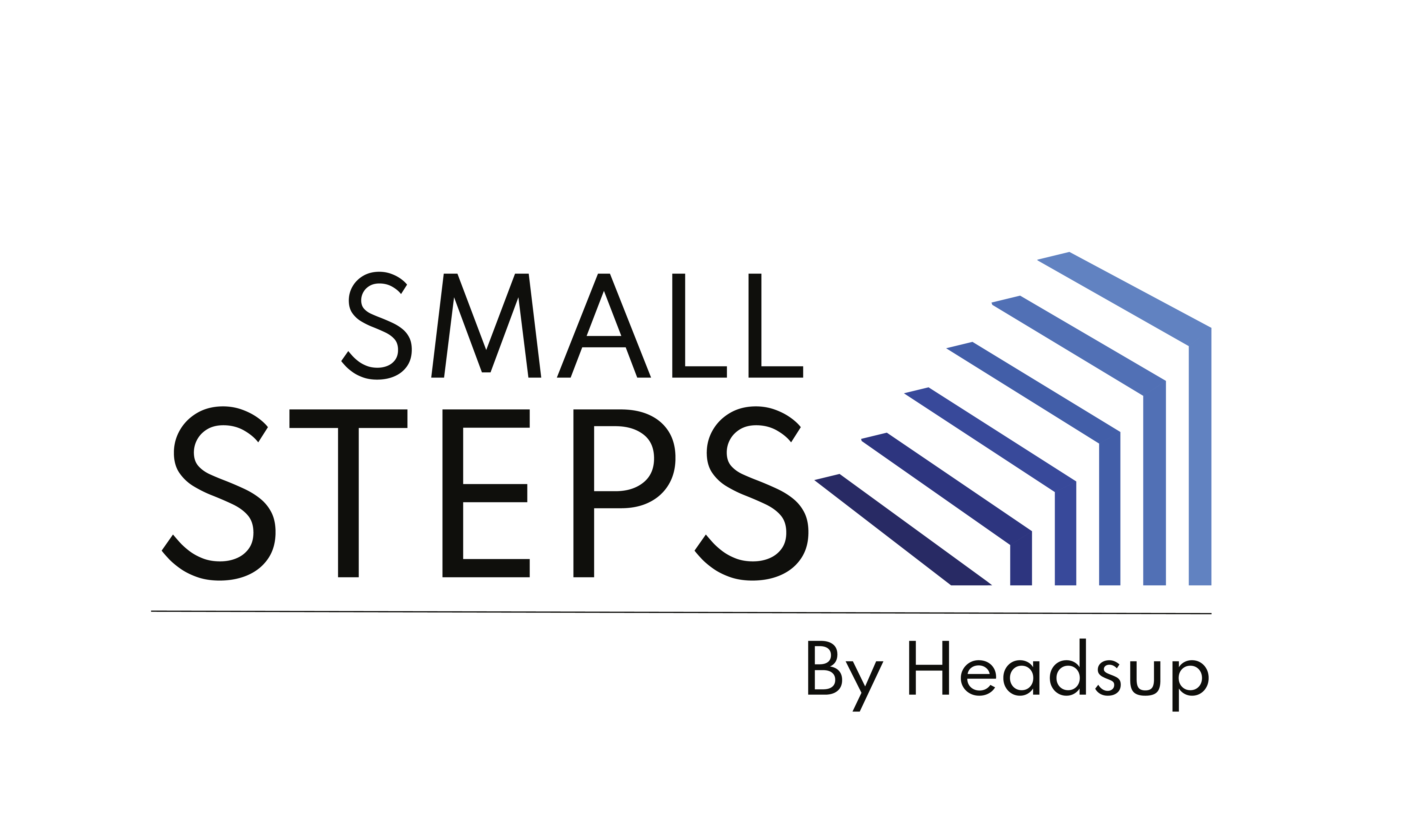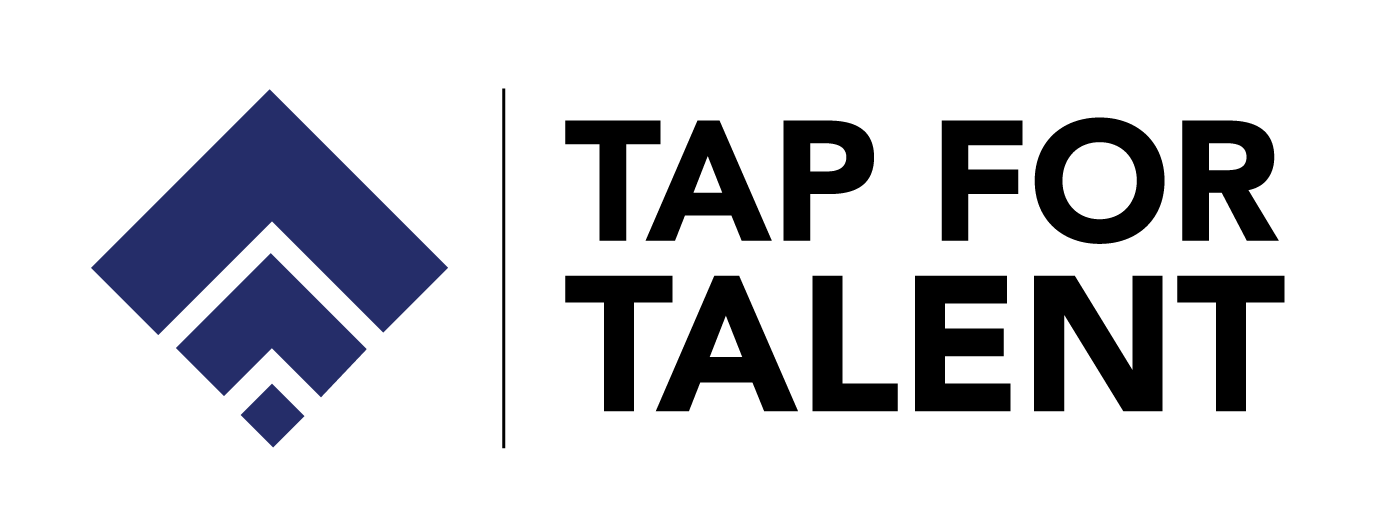Why An Human Resources (HR) Toolkit is Resourceful
The majority of HR firms have started building hr toolkits to help businesses manage their organizational woes with better assistance and resources. Each hr toolkit being offered in the market has different layers which include unique benefits but the objective remains the same that it streamlines HR functions.
HR toolkits simplify existing processes while opening new routes to adding value, optimizing policies, increasing engagement while creating a sustainable impact. Here are 5 reasons why having a well-layered and vibrant HR Toolkit is necessary for your business:
1. One-Stop Solution For Organizational Woes
They can also be described as “Ready-to-use” packages that help building HR systems in an organization. It contains all tools and documents you need to formalize HR management. The users can easily customize the content to suit the needs of their organization by analyzing the gaps in their existing HR processes. This will enhance the company’s ability to attract, develop, retain, and engage the right talent.

2. Policy Guidelines
Formulating policies of your organization can take up a great amount of effort and time. These toolkits often contain documents with pre-written policies for the crucial aspects of an organization such as Employee Engagement, Performance Management & Appraisals , Recruitment, Confidentiality, Value, and Ethics. These policies are laid down by every organization to maintain decorum and transparency.

3. Trackers, Templates & Calendars
You’ll also come across multiple calendars, templates, and trackers which will help the organization stay ahead in terms of documentation. From an offer letter template to a relieving letter template, find the most crucial ones you need that will help you support the journey of every employee working at your organization. Furthermore, you can also expect calendars to track and document your annual engagement activities.

4. Conducting Surveys
They are the most resourceful when it comes to taking surveys as they include pre-written FAQs and opinionated set of questions to conduct all kinds of important surveys based on Culture, Professional Development, Onboarding, Employee Engagement, and Satisfaction. Don’t waste your time anymore trying to make your own Survey content, HR toolkits often have you covered with aspects like such. These survey forms will help your team to understand the strength and weaknesses of your organization. Furthermore, you can also get a fair idea about the expectations of each employee working in the company.

5. Save Time & Cost
It doesn’t matter if you have an HR team on board or not, the benefits available in these HR toolkits are designed to save the company’s time and cost. They include processes, policies, templates, calendars and so much more you need that can help you streamline existing responsibilities related to recruitment, employee engagement, onboarding, and more.

Still can’t find the right HR toolkit that includes all the benefits mentioned above? Fret not – Headsup Corporation’s HR Toolkit has them all
